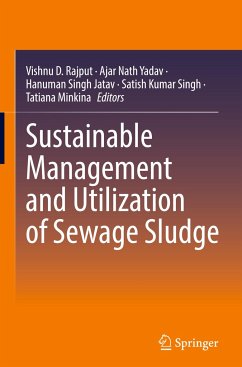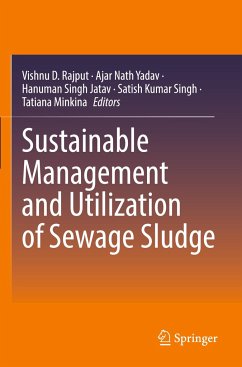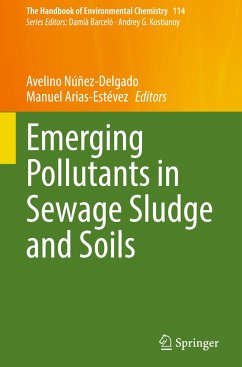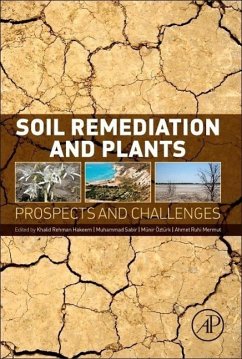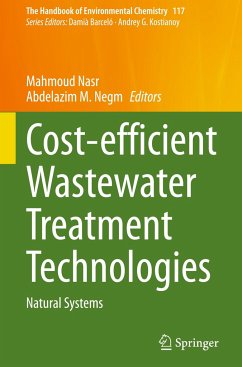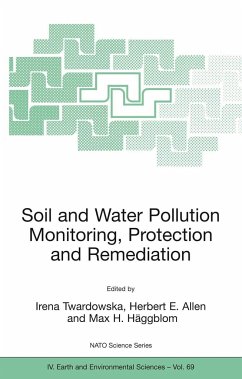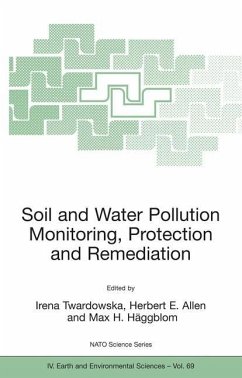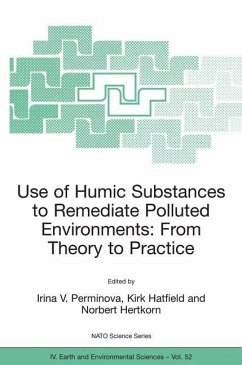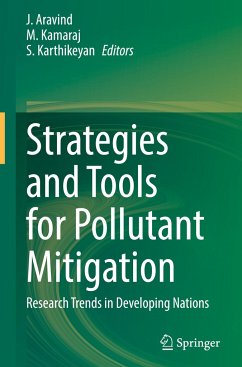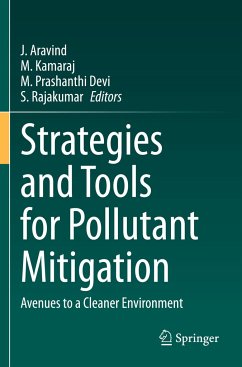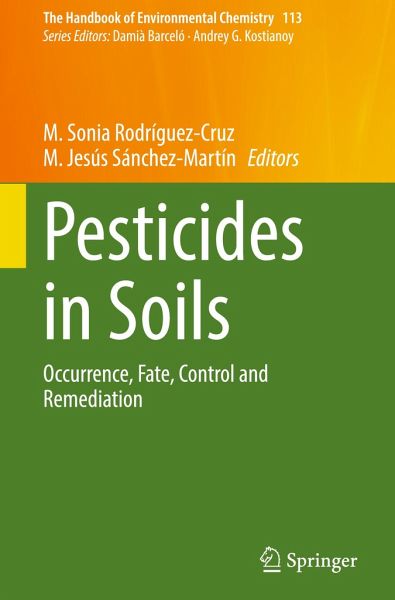
Pesticides in Soils
Occurrence, Fate, Control and Remediation
Herausgegeben: Rodríguez-Cruz, M. Sonia; Sánchez-Martín, M. Jesús

PAYBACK Punkte
122 °P sammeln!
This book reviews the occurrence and fate of pesticides in soils, their impact on soil quality and soil ecosystems, and it also provides a comprehensive overview of the latest prevention and remediation strategies of soil contamination. Chapters from expert contributors cover topics such as soil pollution monitoring, the role of dissolved organic matter on the environmental fate of pesticides in soils, the effects of pesticides on soil microbial communities, plant uptake of pesticides from soils, and nano-based pesticides. Particular attention is given to the latest physicochemical and biologi...
This book reviews the occurrence and fate of pesticides in soils, their impact on soil quality and soil ecosystems, and it also provides a comprehensive overview of the latest prevention and remediation strategies of soil contamination. Chapters from expert contributors cover topics such as soil pollution monitoring, the role of dissolved organic matter on the environmental fate of pesticides in soils, the effects of pesticides on soil microbial communities, plant uptake of pesticides from soils, and nano-based pesticides. Particular attention is given to the latest physicochemical and biological technologies developed to immobilize or degrade pesticides, preventing soil and water pollution.
Given its scope, the book will appeal to researchers, professionals, including environmental chemists, engineers, ecologists, and policy-makers responsible for soil management.
Given its scope, the book will appeal to researchers, professionals, including environmental chemists, engineers, ecologists, and policy-makers responsible for soil management.





